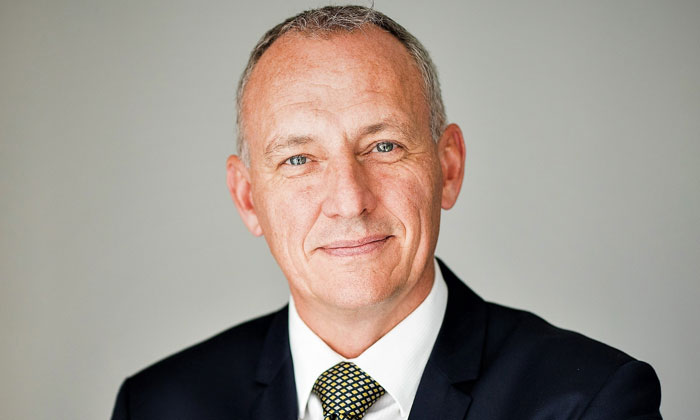Fostering innovative solutions for the future of mobility
- Like
- Digg
- Del
- Tumblr
- VKontakte
- Buffer
- Love This
- Odnoklassniki
- Meneame
- Blogger
- Amazon
- Yahoo Mail
- Gmail
- AOL
- Newsvine
- HackerNews
- Evernote
- MySpace
- Mail.ru
- Viadeo
- Line
- Comments
- Yummly
- SMS
- Viber
- Telegram
- Subscribe
- Skype
- Facebook Messenger
- Kakao
- LiveJournal
- Yammer
- Edgar
- Fintel
- Mix
- Instapaper
- Copy Link
Posted: 14 June 2018 | Jacob Bangsgaard (CEO of ERTICO – ITS Europe) | No comments yet
Jacob Bangsgaard, CEO of ERTICO – ITS Europe, explains his vision for the future of mobility, alternative modes of travel and the environmental implications around them.


As mobility changes and the public begins to adopt new solutions, how do you think ERTICO’s role will change in encouraging the future of public transport and mobility?
ERTICO began in response to the need to bridge the gap between research and deployment, which then enables the delivery of concrete mobility services to users. We have been active in the field of mobility for 26 years. Throughout this time, we have coordinated many activities and closely followed the development of the industry, providing a strong impact in today’s mobility. Our strength is cooperation and inclusion, and as the market evolves, we evolve with it. After more than two decades, our role as a catalyst for deployment is more important than ever and we continue to strengthen our position as a thought leader for tomorrow’s smart mobility.
What do you think the primary goals for the transport sector should be in the next five years?
One of the main goals should be to guarantee affordable, safe and accessible mobility for all, as well as allowing frequent transport of goods and services that will satisfy demand. Through easily accessible mobility services, people can accomplish their personal and professional objectives and desires. Mobility is also essential to the economy – we need investment in transport for stronger markets, businesses and competitiveness. In this equation we need to consider the impact of transport on the environment. Creating a more sustainable transport network is an important goal for the future. Applications providing real-time information to travellers, connected infrastructure, electric and, eventually, autonomous vehicles, can improve urban mobility by reducing waiting times for public transport, congestion and CO2 emissions in urban areas.


What challenges are inherent in achieving those goals?
The transport sector is currently facing major challenges such as population growth, climate change, increasing urbanisation and transport demand. These challenges can be faced and overcome only with a common vision, granted by the cooperation of all the players involved in the production of transport and mobility services. For this reason, we had an extensive discussion with our partners, established a roadmap of our priorities and compiled a vision for mobility in 2030. In this report, we look at the policy scenarios and technology currently available, as well as forecasting future developments of those technologies and predicting their impact on mobility in 2030.
Technology is advancing at an incredible pace. With new concepts, industrial players, services and business models appearing on the market, transport is shifting from being traditional to a more modern and far-reaching industry that contributes greatly to a better and more inclusive society. ERTICO’s vision for 2030 takes account of all these changes and needs, placing the well-being and development of society as the ultimate goal.
Do you think that public and private transport companies, as well as transport IT firms, can truly align themselves to improve transport for passengers?
ERTICO is a public-private partnership organisation of 120 members from eight different sectors. We work with public authorities, transport companies, service providers, telecommunications, manufacturers and others, meaning we are best placed to see the industry’s considerable efforts in providing better and smarter mobility services for passengers.
There are opportunities for everyone in the market. In a time of financial restrain, we need to collaborate with each other; it is irresponsible to think that we can do it all on our own. As a major European partnership, we believe that the need for smart, safe and clean mobility has no borders – there are many companies and organisations overseas that bring innovative solutions for mobility to the table. Fostering international cooperation and sharing knowledge with countries such as China, the United States and Russia is of the utmost importance to us.
Biography


Related topics
Air Quality, Sustainable Urban Transport
Issue
Issue 2 2018
Related organisations
ERTICO - ITS Europe
Related people
Jacob Bangsgaard







